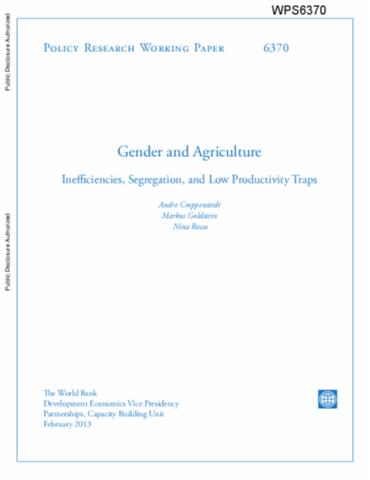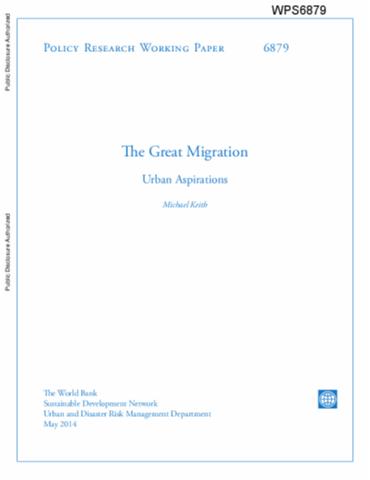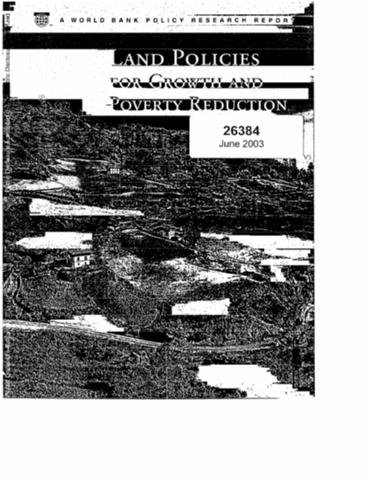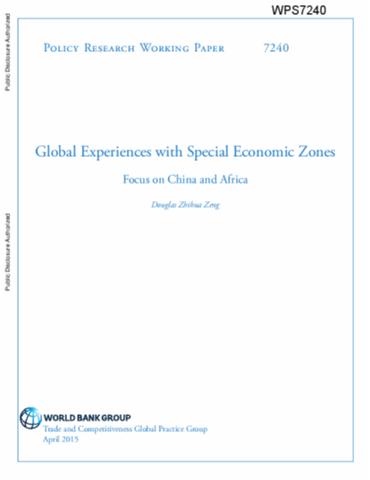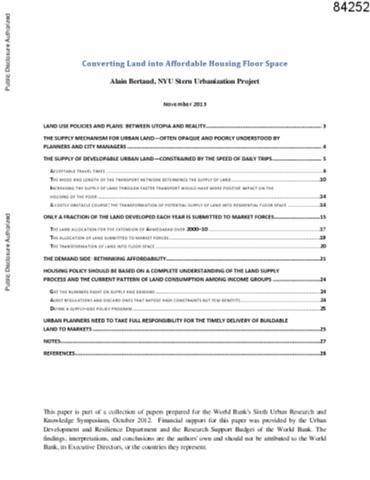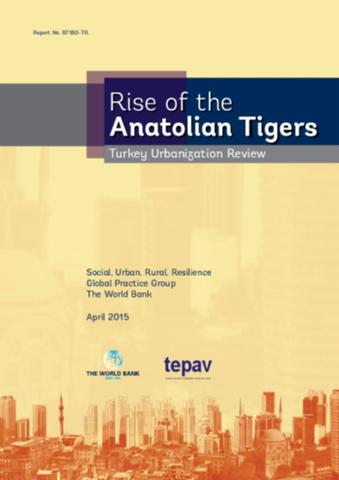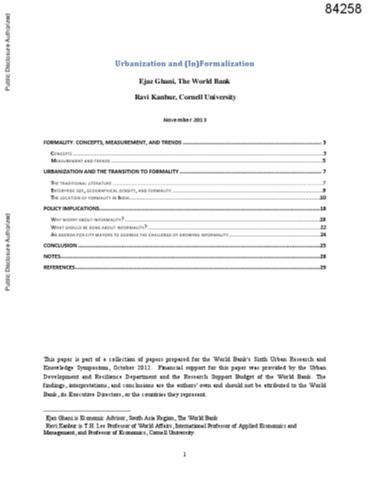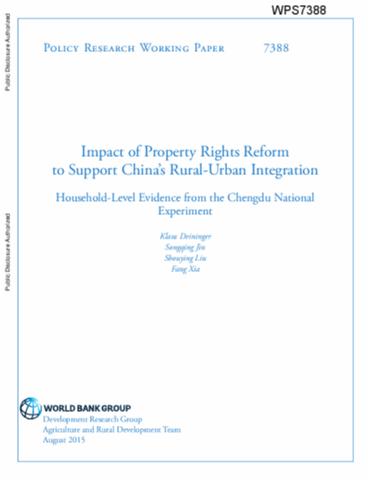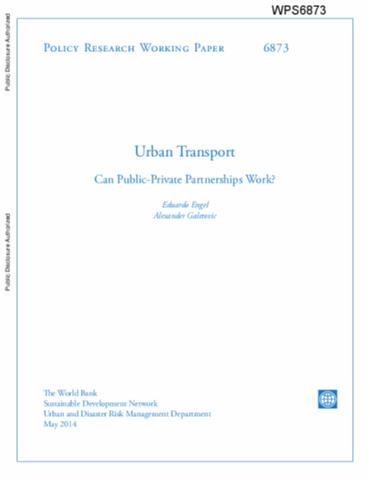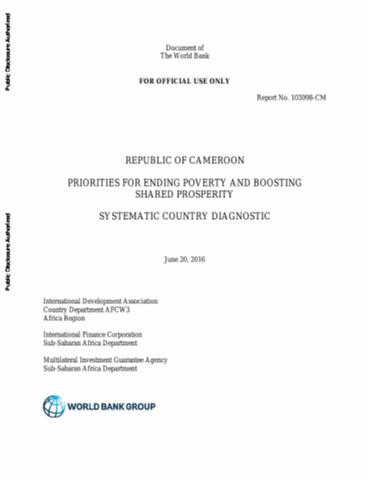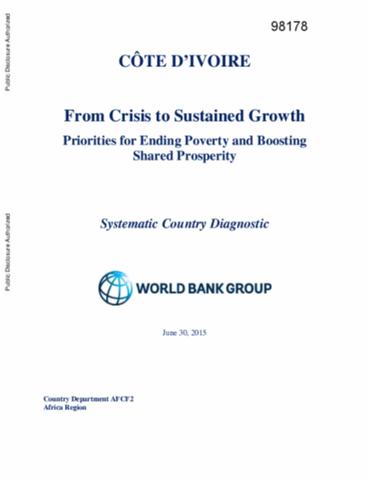Gender and Agriculture : Inefficiencies, Segregation, and Low Productivity Traps
Women make essential contributions to agriculture in developing countries, where they constitute approximately 43 percent of the agricultural labor force. However, female farmers typically have lower output per unit of land and are much less likely to be active in commercial farming than their male counterparts. These gender differences in land productivity and participation between male and female farmers are due to gender differences in access to inputs, resources, and services. In this paper, the authors review the evidence on productivity differences and access to resources.

